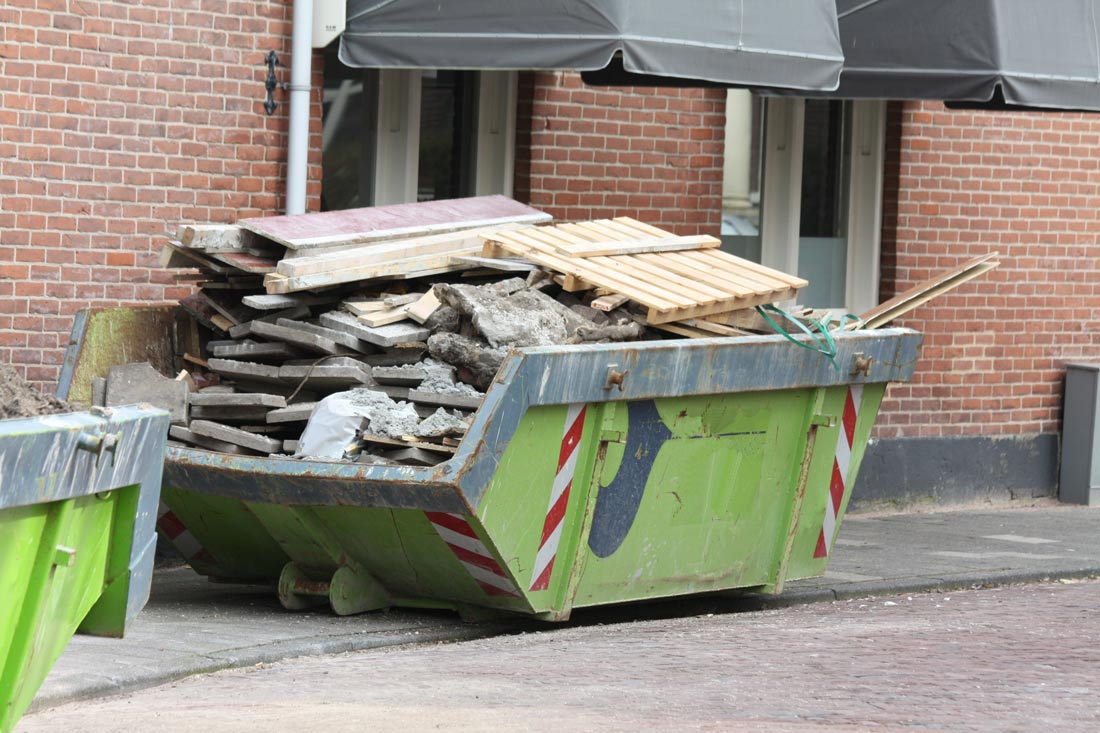We want you to be able to fit as much waste into your skip as possible to save on getting a bigger skip or having to pay for overflow costs. This blog highlights our top 7 tips to help you maximise your skip and make the most out of it!
Get the Right Skip Size
The first step is to select the right-sized skip for your project. Therefore, please try to estimate the amount of waste your project will produce. While we want to help you maximise the skip, we do not want you to rent a skip that is too small for your project, as any waste that exceeds the height of the skip’s sides is not safe for us to transport to our facilities and may result in additional costs.
Organise and Prioritise Waste
We believe that efficient waste disposal starts with good organisation. We recommend prioritising heavy and bulky items at the bottom and filling in the spaces between them with smaller waste. If possible, try to disassemble larger items to allow for less wasted space in your skip.
Compact and Flatten Waste
One of the most important tips in this guide is to compact and flatten your waste where possible. For example, flatten cardboard boxes, break down wood and metal to create flat layers in your skip. Compressed waste significantly reduces wasted space in your skip.
Plan Efficiently
Efficient planning can help prevent clutter from building up. We suggest you sort your waste as you go and place it directly in your skip rather than accumulating piles of waste. This ensures you always know how much space you have in your skip and allows for waste to be disposed of promptly.
Smart Stacking
Don’t just throw your waste into the skip; place it strategically to use up every nook and cranny. If you’re putting in bricks or blocks, make sure you are stacking them to maximise the space. Careful and strategic loading can help you get the most out of your skip
Check Our Guidelines
There are items we do not allow in our skips, so to maximise space and comply with our guidelines, please do not place the following items in the skips: paints, solvents, fuels, medical waste, batteries, electrical appliances, mattresses, asbestos, gas cylinders, and tires. Please keep this in mind so you don’t fill up your skip with restricted items!
Be Mindful of Weight Limits
Every skip has a weight limit, and exceeding it can result in additional charges or safety hazards. Avoid overloading the skip with heavy materials like concrete, soil, or bricks. If your project generates substantial heavy waste, consider hiring separate skips or arranging for specialised disposal.
Maximising your skip not only saves you money and reduces the chance of overflow but also promotes responsible waste disposal, as we recycle over 90% of waste at Fowles! We hope these tips help you have a more efficient skip experience.
